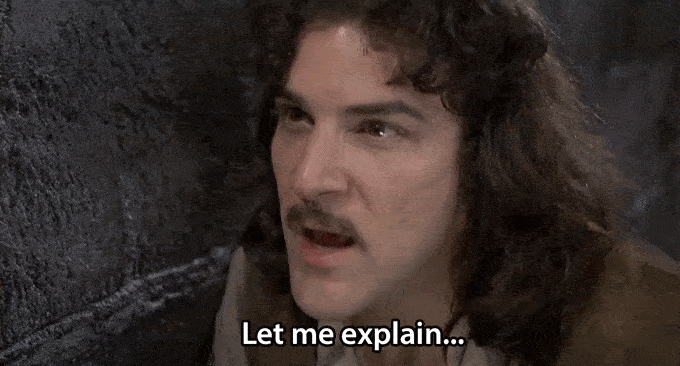Writing for anyone and everyone will often ensure that it resonates with nobody and no one.
You probably struggle with this, just as I do, every time you sit down to write. It’s not fun— it may even be painful for you.
Or maybe you’ve been ignoring it altogether. We tend to avoid things that bring us pain, don’t we?
But it has to be done.
What has to be done?
Before writing a single word on a page, you need to first know who you’re writing to. No, not a demographic, not a target audience, not a niche audience, not even a niche audience segment.
You need to know the exact person you’re writing for.
The Challenge We Face
One of the biggest challenges I’ve found when speaking with writers, bloggers, business owners and entrepreneurs is defining who it is they’re trying to reach. They tend to want to reach as many people as possible and can’t bring themselves to narrow down who it is they’re really after.
This is a huge problem.
Defining a target audience (or a target market) is one of the most important steps in building a strong brand. I usually won’t even take a branding job most of the time unless there is a strong sense of who the brand’s target audience is.
If you want to reach people with your message, you have to know exactly who you’re talking to. If you don’t know exactly who you’re talking to, your message will come off as generic and detached.
And what’s the result of creating generic and detached content? People stop listening. And then you’re sunk.
As creative people, nothing is more deflating than putting something out there in the world and having nobody care.
As I sit here, right now, typing this post, that fear sits in the back of my mind. You have it too, right?
But here’s the truth— if you want people to care, you must create a story that resonates.
A Story That Resonates
When we’re speaking with people we know, we tend to craft our communication in a way that we know will speak to them directly. This makes our messages hit them in a more personal way.
Think about how you talk in front of a crowd of people. The words you choose, the tone of your voice— probably not the same as when you talk to a close friend, right?

I expect not.
When speaking to a close friend, you can easily bring up situations, scenarios and past shared experiences to bring your stories to life in a way that they resonate with.
This excerpt from an article by Chase Reeves says it brilliantly in a way only Chase Reeves could:
“…when your friend is feeling $%*#!&, when someone you love needs something and you can help them with it, you’re thinking at the scale of a human.
My theory is when we think at that scale, at the level of one human we care about, it pulls out better ideas. We see immediately how we can get involved and help out.”
If you catch nothing else, catch this one thing Chase says:
By telling your stories in a way that hits people in a personal way, resonating with them on a real level, the stories become much more powerful.
Do this often, and before long you’ll create a fellowship of readers— people who have connected to what you have to say and can’t get enough.
That’s why whenever I sit down to write a blog post I stop and think about the one person I’m writing it for. This helps me form my concepts and language in a way that resonates with the reader and keeps them hooked.
And there’s another lesson in this— a great way to generate ideas for blog posts is to use the questions people are asking you.
Some Questions to Ask Yourself
When you sit down to write for this one person, here are some questions you can use to help focus your message and make sure it resonates with your intended reader:
- What problem am I solving for her?
- How does she feel when she faces this problem?
- Why does this problem exist for her?
- What is keeping her from overcoming this challenge?
- What does she need to hear that only I can tell her?
- What will her end result be if she follows what I say?
- Where is she at when she faces this challenge?
Notice how I used a personal pronoun in all the questions above. It helps.
Don’t make the questions you’re asking generic or the answers you come up with will be generic too.
To Sum Up…

I think Kurt Vonnegut said it best when he said:
“Write to please just one person. If you open a window and make love to the world, so to speak, your story will get pneumonia.”
Don’t let your stories get pneumonia. Know who you’re writing for and write specifically for that one person.
Stop writing for everyone, and start writing for someone.

Leave a Reply
You must be logged in to post a comment.